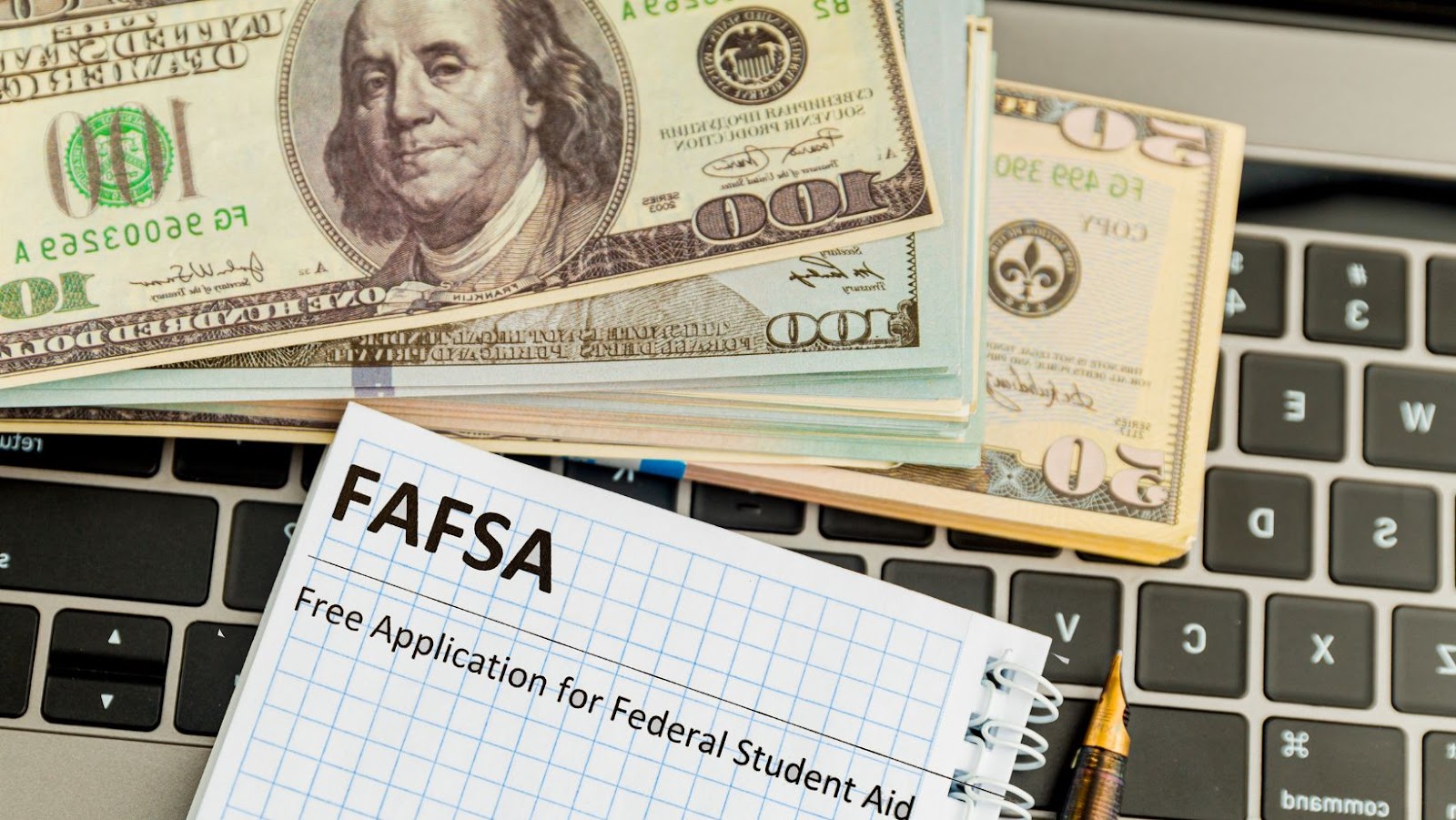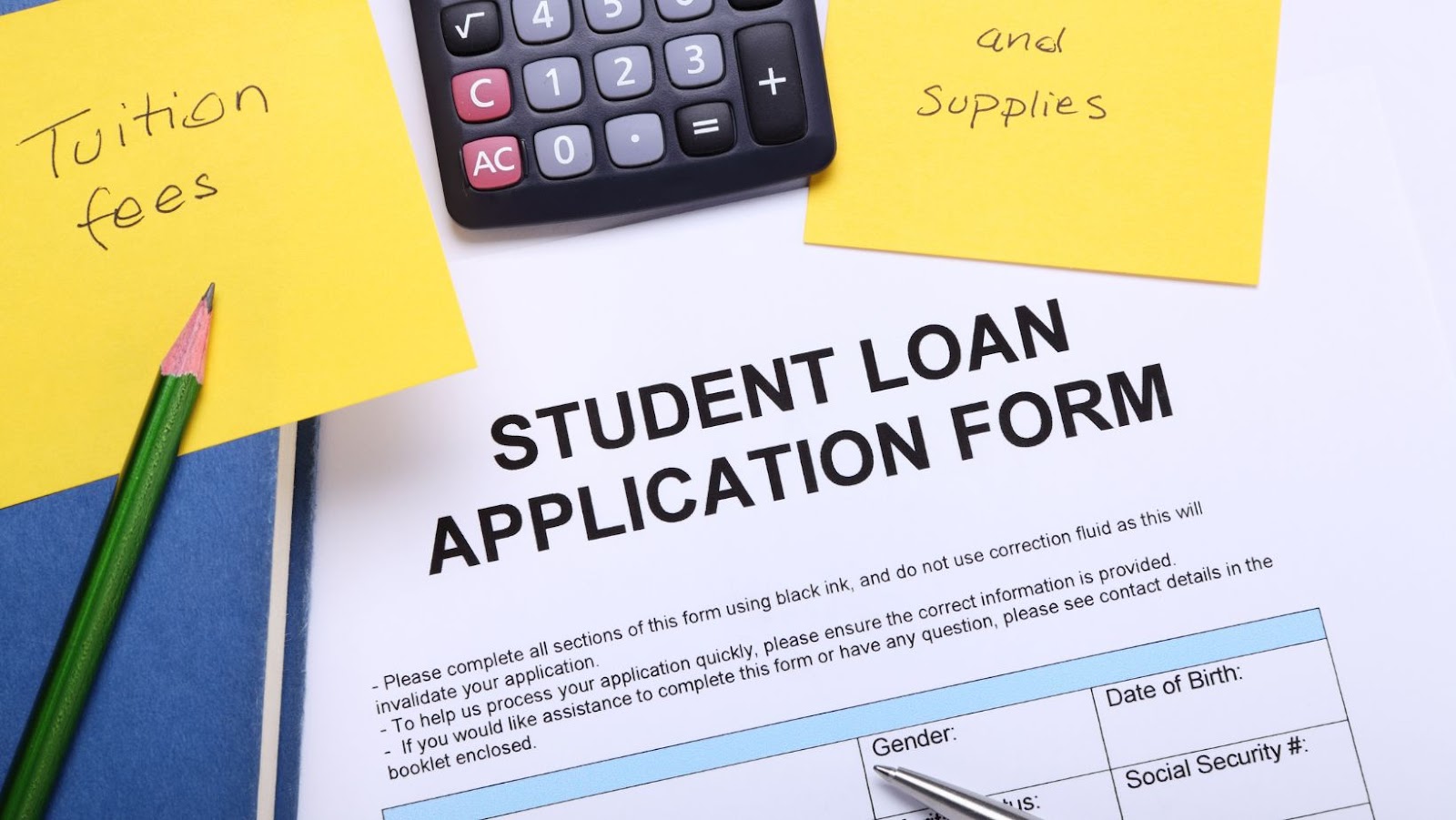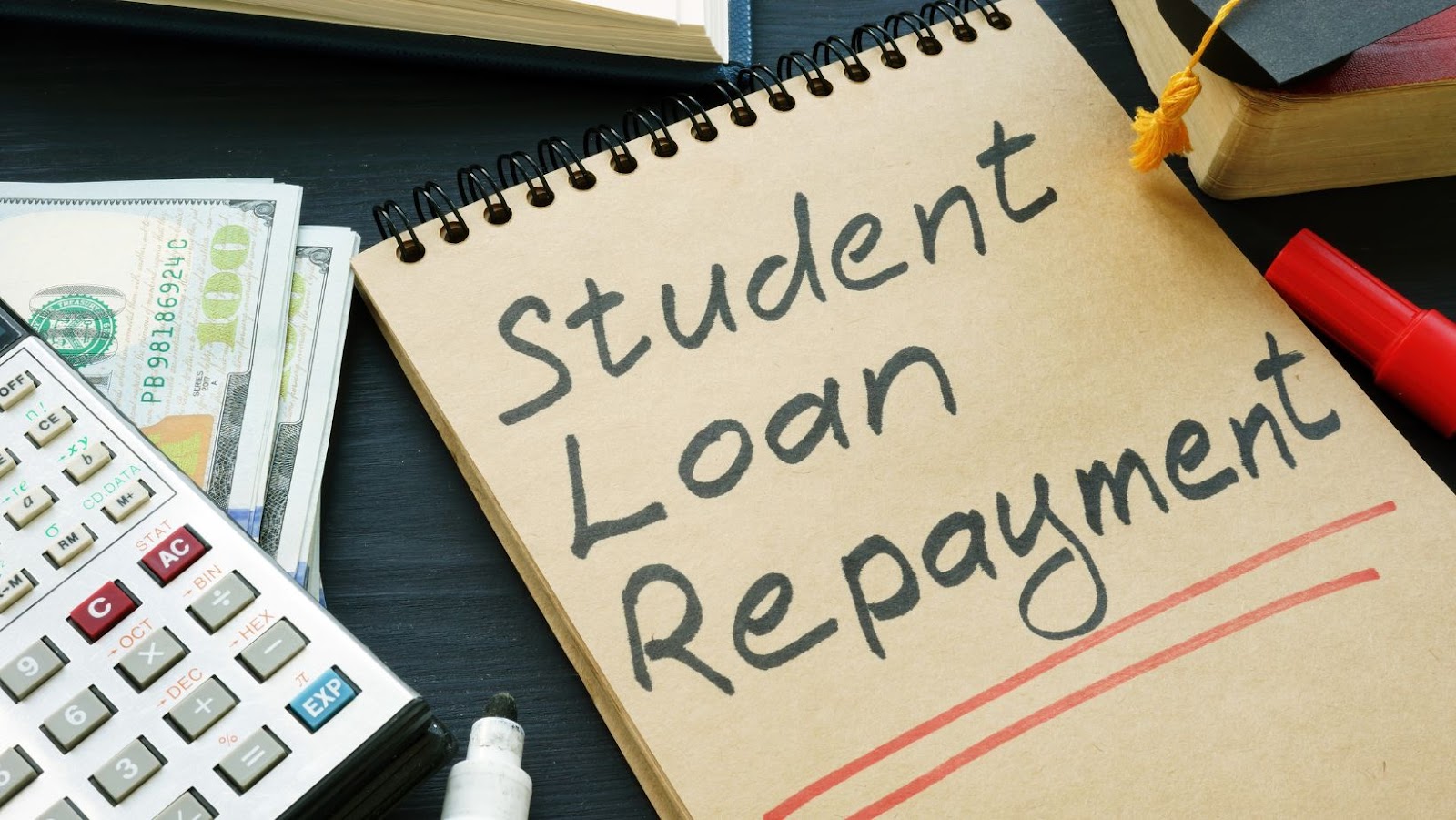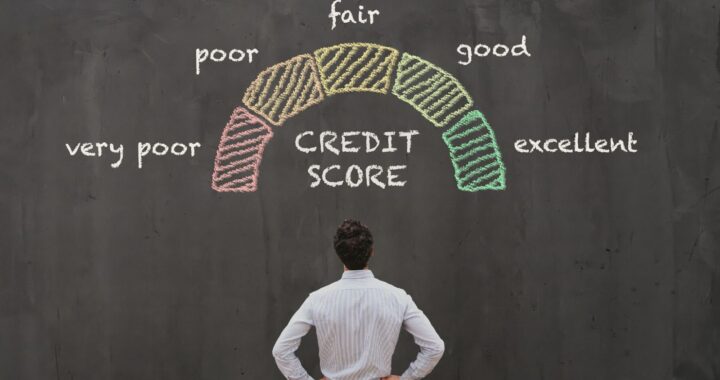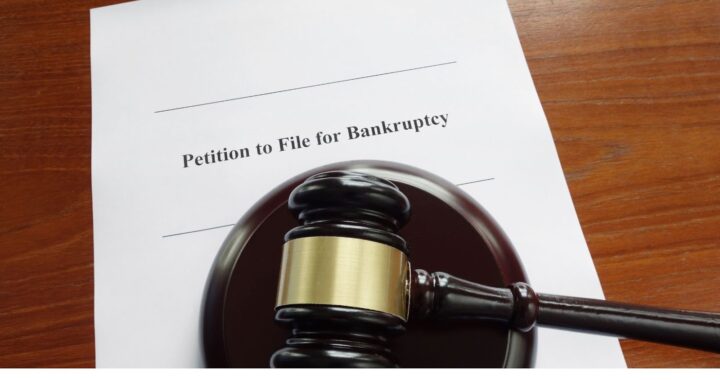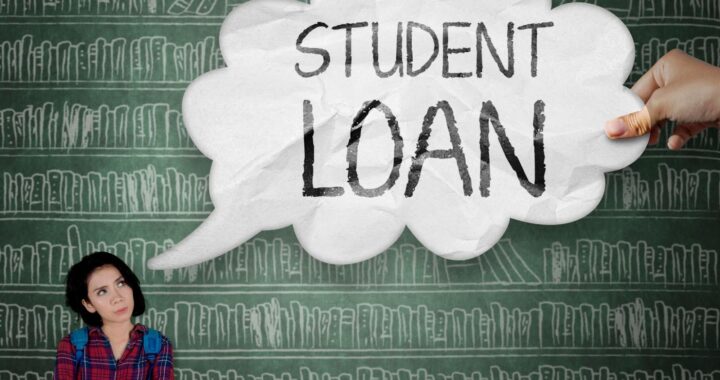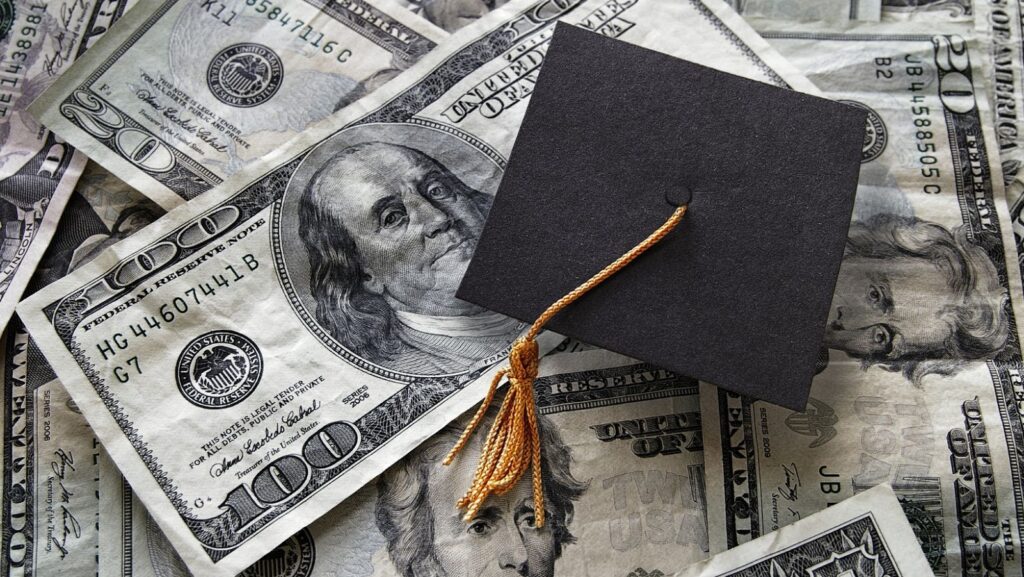
Are Student Loans Secured or Unsecured? A Shocking Truth Inside!
If you’re a student or are planning to go to college soon, it’s likely that you’ll need to take out student loans to cover the cost of tuition, housing, and other education expenses. As you start considering your options for these loans, you may wonder if they’re secured or unsecured.
Are Student Loans Secured or Unsecured
So, are student loans secured or unsecured? In general, most federal student loans are unsecured, meaning that they don’t require collateral. That said, some private student loans or alternative loans may require a cosigner and collateral, such as your car or home, to secure the loan. It’s essential to understand the difference between secured and unsecured loans before applying for any student loans.
Understanding the difference between secured and unsecured loans is important because secured loans typically come with lower interest rates than unsecured loans. This is because with a secured loan, the lender has collateral to sell if you fail to repay the loan. On the other hand, with an unsecured loan, there’s no collateral for the lender to use to recoup their losses if you default on the loan. This increased risk on the part of the lender often results in higher interest rates for unsecured loans, making them more expensive over time than secured loans.
Secured vs Unsecured Loans: What’s The Difference
When it comes to borrowing money, there are two types of loans to consider – secured and unsecured loans. So, are student loans secured or unsecured? The answer is – it depends.
Secured loans are loans that are backed up by collateral. In other words, there is some asset that you pledge as security for the loan. This could be your car, house, or any other valuable asset that the lender can take possession of if you default on the loan.
Because secured loans are backed by collateral, lenders are taking on less risk. As a result, secured loans typically come with lower interest rates and higher loan amounts than unsecured loans.
Unsecured Loans
Unsecured loans, on the other hand, don’t require any collateral. They are issued based on your creditworthiness and ability to repay the loan. This means that if you default on the loan, the lender has no way to recoup their losses. As a result, unsecured loans are considered riskier, and usually have higher interest rates and smaller loan amounts.
So, are student loans secured or unsecured? Student loans can be both. Federal student loans are unsecured loans, as they do not require collateral. However, some private student loans may be secured loans, depending on the lender’s policies.
In general, federal student loans are the better option for most students, as they come with low fixed interest rates and a variety of repayment options. Plus, since they are unsecured loans, you don’t have to worry about putting up collateral to get the funds you need for college.
In conclusion, whether a student loan is secured or unsecured depends on the type of loan you are considering. While both have their advantages and disadvantages, federal student loans are usually the better choice for most students.
When it comes to borrowing money for educational expenses, many students opt for loans. As students begin to research their loan options, they may come across the terms “secured” and “unsecured”. These terms refer to how the loan is backed by the borrower’s assets, or lack thereof. To fully understand the differences between secured and unsecured loans, let’s take a closer look at some examples.
Examples of Secured And Unsecured Loans
Secured Loans
Secured loans are those that are backed by collateral, such as a house or car. Essentially, the collateral serves as a security deposit and if the borrower cannot repay the loan, then the collateral can be seized by the lender. A common example of a secured loan is a mortgage. If the borrower fails to make payments, the lender can foreclose on the property and sell it to recover the money owed.
Another example of a secured loan is an auto loan. The vehicle itself serves as collateral, and if the borrower defaults on the loan, the lender can repossess the car and sell it to recover the amount owed.
Unsecured Loans
Unlike secured loans, unsecured loans are not backed by any collateral. Instead, lenders rely on the borrower’s creditworthiness to determine the risk of lending money. Because there is no collateral to seize in the event of a default, lenders usually charge higher interest rates on unsecured loans.
Credit cards are a common example of unsecured loans. When a borrower applies for a credit card, they are essentially asking for a line of credit that they can use to make purchases. Because there is no collateral backing the loan, credit card companies rely heavily on the applicant’s credit score and credit history to determine the risk of lending them money.
Are Student Loans Secured or Unsecured
Now that we’ve explored some examples, we can address the question at hand. Student loans can fall into both the secured and unsecured categories. Federal student loans are generally unsecured loans, as they do not require collateral. However, some private student loans may require collateral, such as a cosigner, to secure the loan and offer lower interest rates.
In conclusion, when it comes to student loans, borrowers need to be aware of the difference between secured and unsecured loans. While federal student loans are typically unsecured, private student loans may require collateral to secure the loan. As always, it’s important to carefully research and understand the terms of any loan before agreeing to borrow money.
When it comes to determining whether student loans are secured or unsecured, things can get a bit tricky. As I mentioned earlier, secured loans are often backed by collateral, such as a house or car, while unsecured loans don’t require any type of collateral.
Student loans, however, don’t necessarily fit into either of these categories. While they are technically unsecured, they aren’t like other types of unsecured loans, such as credit cards or personal loans. When you take out a student loan, you’re essentially borrowing money from the government or a private lender to pay for your education. There’s no collateral involved, but at the same time, the lender has a vested interest in your education and future earning potential.
In fact, because student loans are generally viewed as a low-risk investment by lenders, they often come with relatively low interest rates compared to other unsecured loans. Plus, many federal student loans offer additional protections and benefits, such as income-driven repayment plans and loan forgiveness programs, that you wouldn’t get with a traditional unsecured loan.
So while student loans technically are unsecured, they operate a bit differently than other types of unsecured loans. Ultimately, whether or not your loan is secured or unsecured may not matter as much as understanding the terms and conditions of your loan, as well as your repayment options and overall financial goals.
